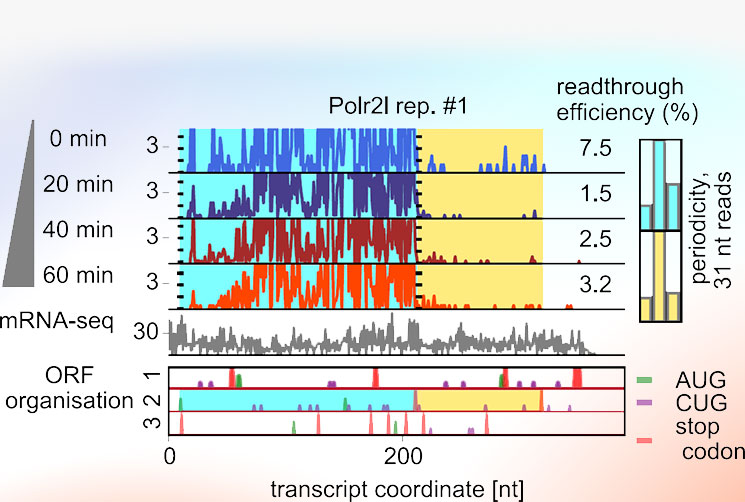UCC Researchers publish a key research paper on the consequences of oxygen deprivation in neural cells

Researchers in UCC’s School of Biochemistry and Cell Biology have published important new research on a medically-important phenomenon - ischemia - which occurs when cells are deprived of oxygen and glucose due to a blocked blood-supply. This is commonly associated with heart attacks and strokes.
The World Health Organisation recognises ischemic heart disease and strokes as the main causes of deaths in humans and such conditions, even when non-fatal, are very costly to health systems worldwide as they can leave patients with serious disabilities such as loss of speech and mobility. Oxygen deprivation on a time-scale even of minutes triggers drastic biochemical changes within nerve and muscle cells leading to their rapid death.
The UCC study was led by Dr Pasha Baranov and Professor Dmitri Papkovsky and their research groups as well as collaborators at Lomonosov Moscow State University. Their publication shows that, in response to oxygen deprivation, cultured human cells very rapidly (within 20 minutes) change the ways in which about one fifth of the cells’ genes are expressed. These changes were largely previously unknown. Genes are made up of DNA, the molecule of inheritance, which produces “messenger” or mRNA molecules. These, in turn, are used to make proteins which carry out various roles in cells. The UCC group’s main discovery is that the processes by which some mRNAs are expressed as protein molecules respond much more rapidly to oxygen deprivation than previously thought. This is clinically relevant because early intervention during episodes of oxygen deprivation is known to prevent cell death and improve clinical outcomes. Remarkably little is known about changes in gene expression on such a short time-scale in response to oxygen deprivation.
This research helps to fill this knowledge-gap by revealing new detail on processes occurring almost immediately after the onset of ischemia. The research will be presented as part of a prestigious keystone symposium Hypoxia: From Basic Mechanisms to Therapeutics at the RDS in Dublin 12-17th May. The research of Dr Baranov, Professor Papkovsky and their co-author Dr Ruslan Dmitriev is funded by Science Foundation Ireland. Their article published in the high-impact open access journal Genome Biology can be viewed at (http://genomebiology.com/content/pdf/s13059-015-0651-z.pdf).
